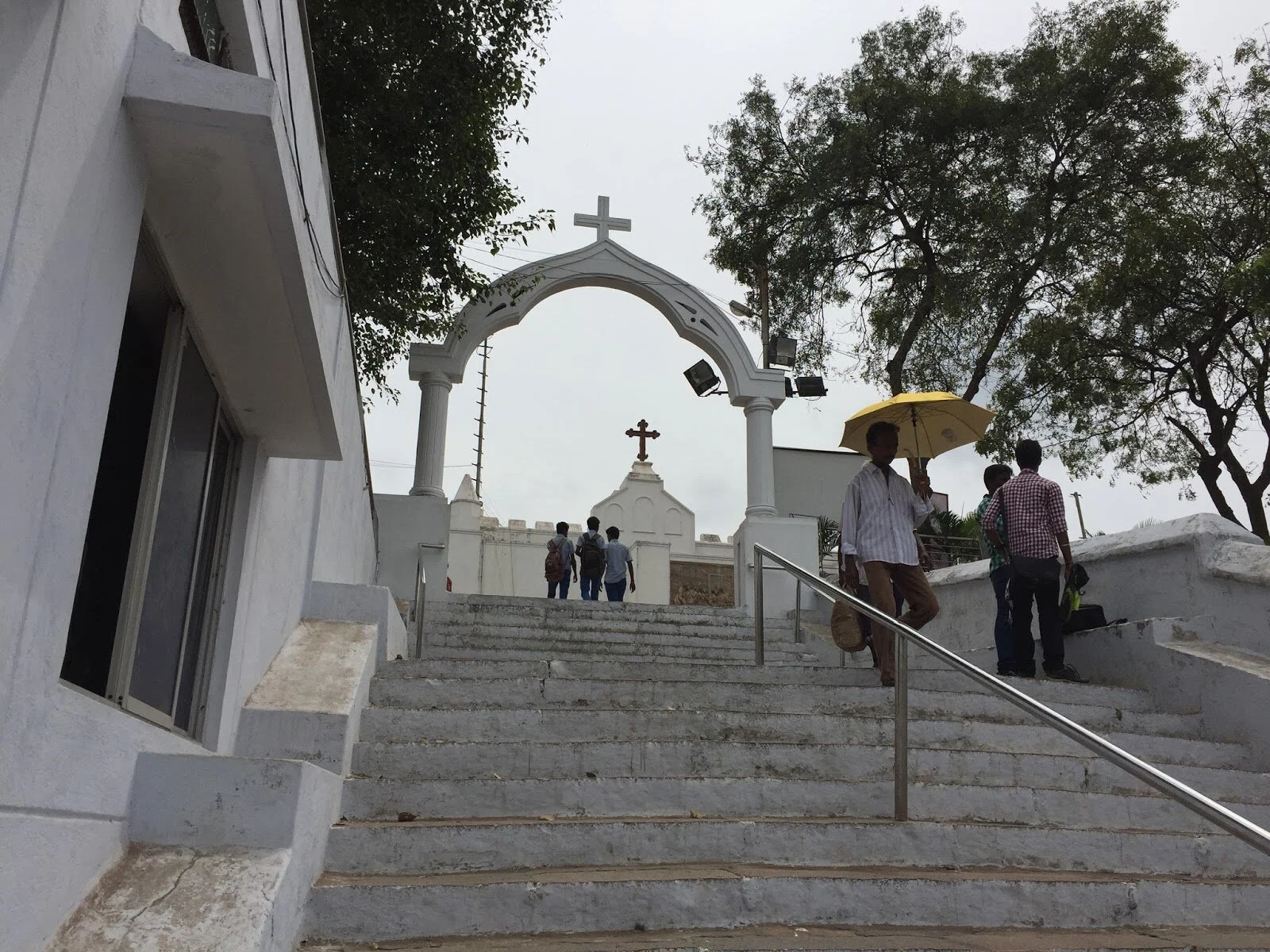Notes from a Sojourn
April 19, 2020
Living Tradition
Sermon for the Second Sunday of Easter, Year A (Psalm 16; Acts 2:14a, 22-32; John 20:19-31)
In Acts 2, Simon Peter preaches to residents of Jerusalem. In addressing the crowd, he offers a passionate explanation of the newly emerging theology of Christ's death and resurrection. In terms familiar to many of today's Christians, Peter speaks of the death of Jesus as having cosmic implications. And in speaking of Christ's resurrection, he situates that event as the culmination of his cultural and religious history.
In his address, Peter refers to Psalm 16, a text which is traditionally attributed to King David. This Psalm would have been very well known by Peter's audience. Its interpretation, however would not have been commonly associated with either messianic theology or the resurrection.
Peter seems to be articulating an newly emerging understanding of scripture. It is an interpretation that will become very important to the followers of Jesus after the resurrection event. This new interpretation finds early Christian's reading back into the Hebrew Scriptures through the senses of a people whose lives have been transformed by God's love, revealed to them in Jesus Christ. The experience of Jesus, it seems, changes everything for these early believers. Even scripture itself takes on new meaning, as new revelations are brought to light through ancient texts.
Thomas Didymus, upon hearing about the appearance of the risen Christ, is incredulous. He challenges the claims of his companions, refusing to believe, unless Thomas experiences the risen Christ for himself. Christ later appears to Thomas and Thomas recognizes and believes. Interestingly, it is through encountering the wounds of Christ that Thomas comes to believe in the resurrection. (Tradition later sees Thomas become a missionary of the resurrection. He is traditionally credited with taking the message of Christ's resurrection to India and is a very important part of South Asian Christian identity.)
It seems that Thomas holds a particular understanding of how the world works. When given the opportunity to encounter a new spiritual truth, Thomas is unwilling. Through his encounter with the risen Lord, however, everything changes. Change occurs for Peter and his audience in Jerusalem also. New biblical interpretations and teachings will emerge as a result of the experience of Christ's resurrection.
For believers, the revelation of God's love continues to inform and inspire our life of faith in new ways, even now. We are part of a holy and living tradition. As we encounter the risen Lord, we become a new creation in Christ. Everything takes on new meaning. Encountering the resurrection is a spiritual and life-giving pursuit. Scripture, tradition, reason, and experience all inform our understanding of God's love. Through the revelation of God's love in the risen Christ, even these sources of inspiration take on new meaning. Perhaps this is what the psalmist means when writing of having a "goodly heritage!"
Amen.
Patrick+
Image: Steps ascend the pilgrimage site of St. Thomas Mount, the traditional site of St. Thomas' martyrdom in Chennai, India.


